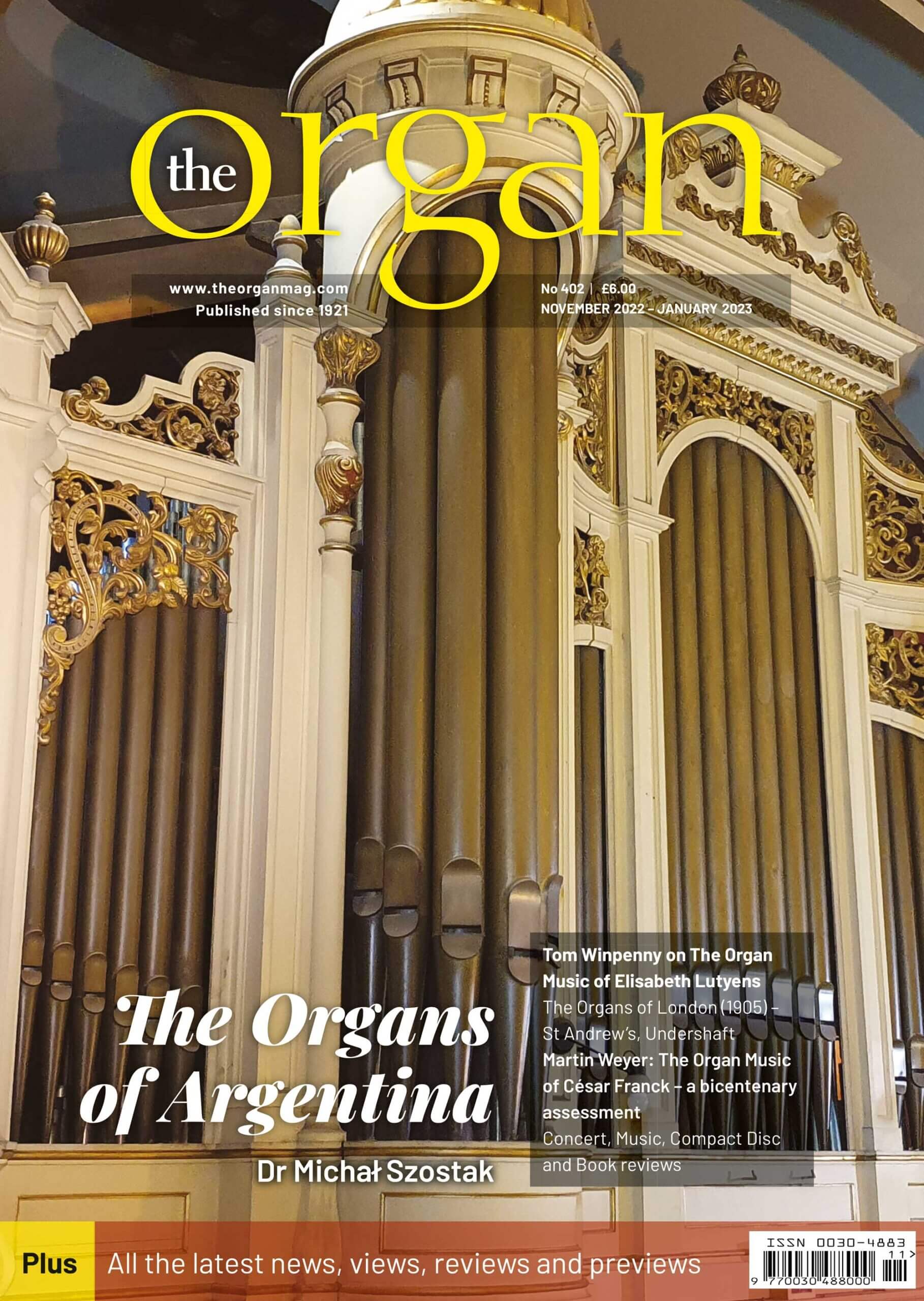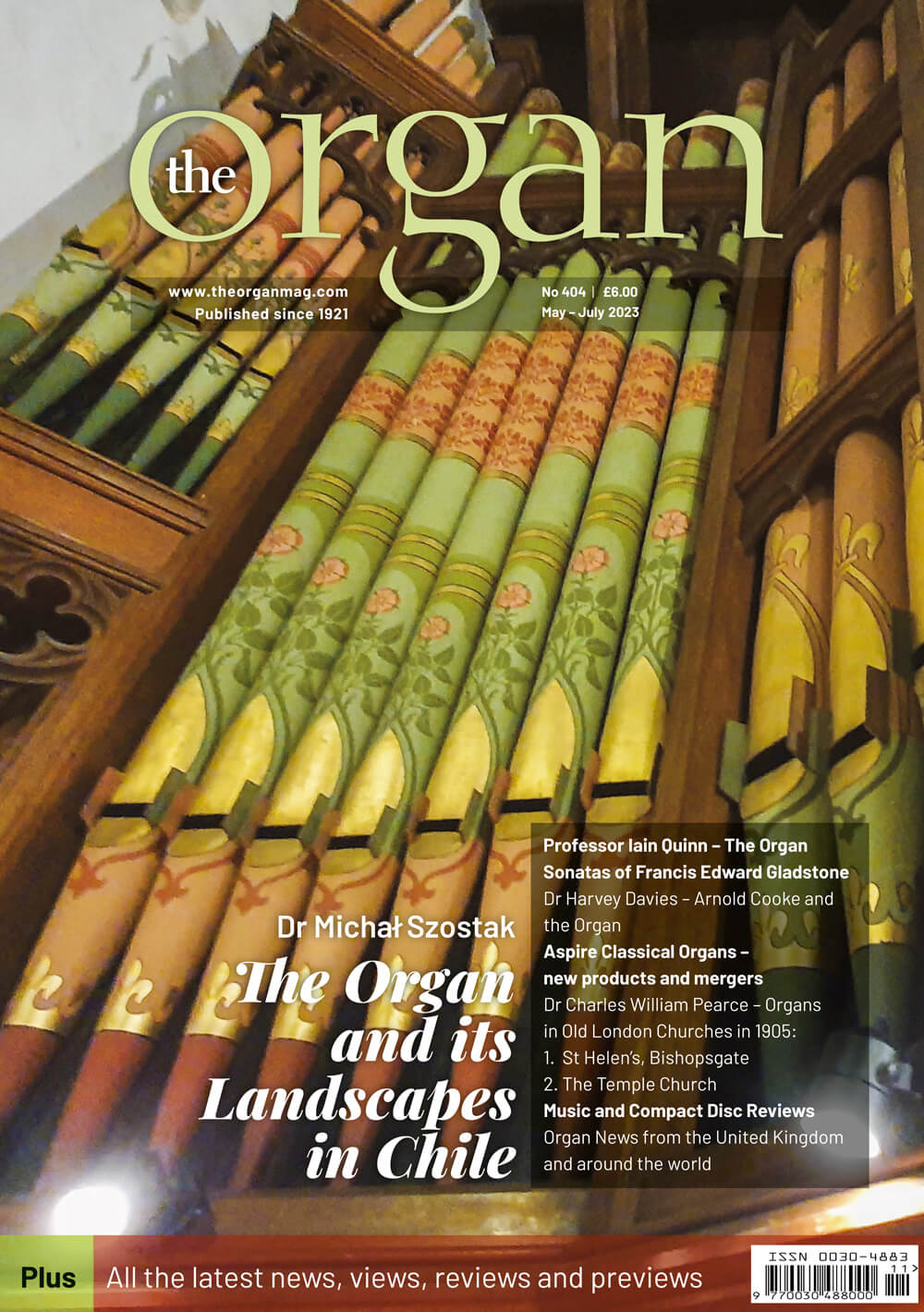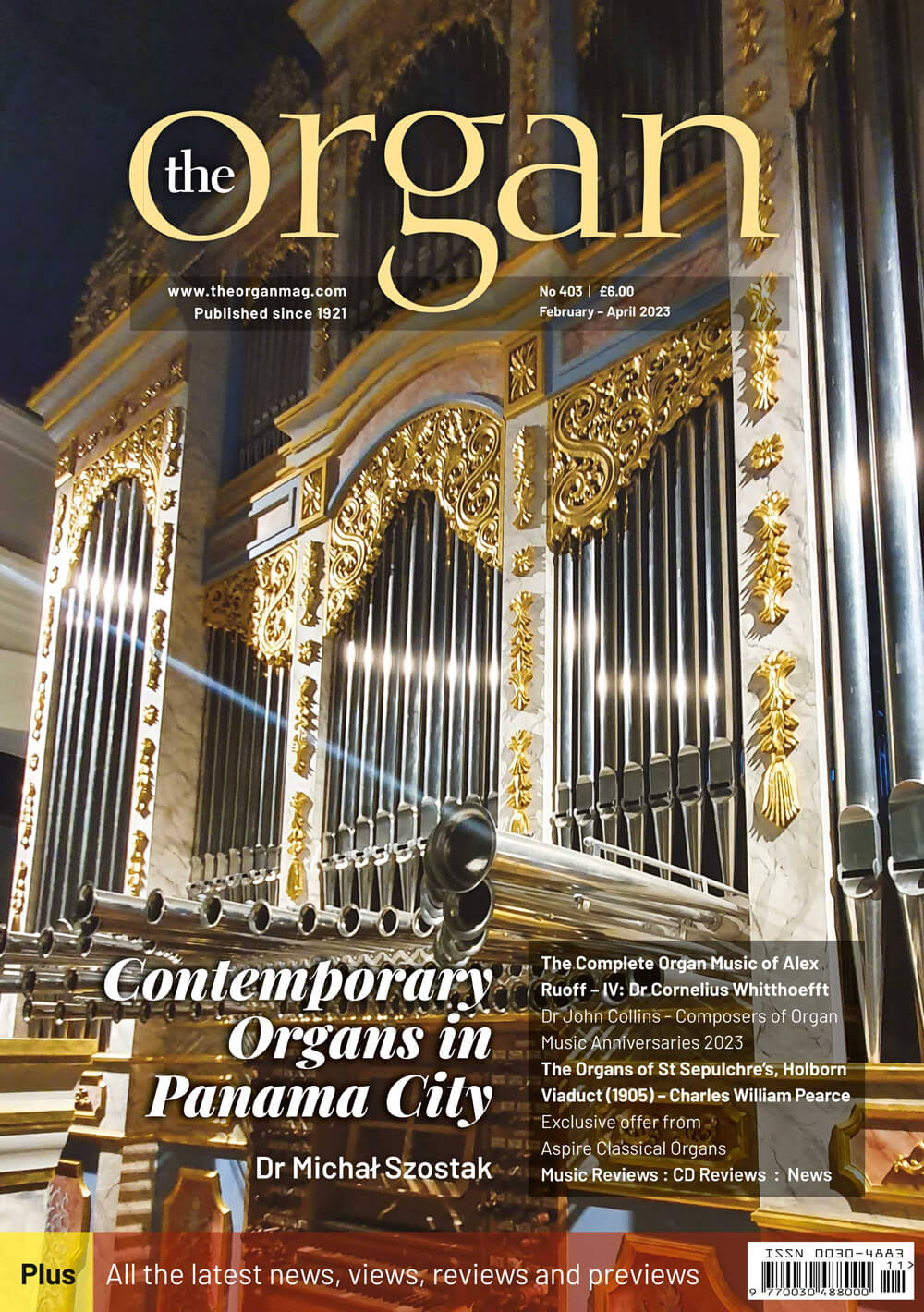Previous Issues
Winter 2024. 1540
Autumn 2024. 1539
Spring 2024. 1538
Winter 2023. 1537
Autumn 2023. 1536
Summer 2023. 1535.
Spring 2023. 1534.
Winter 2022. 1533.
Autumn 2022. 1532.
Summer 2022. 531.
Following the dispicable and illegal invasion of Ukraine, the Summer 2022 edition of Musical Opinion carries a large article about Sergei Prokofiev, arguably its most famous composer along with an overview of the Ukrainian classical music scene over the last one...
Spring 2022. 1530.
Winter 2021. 1529.
Autumn 2021. 1528.
Summer 2021. 1527.
Spring 2021. 1526.
Winter 2020. 1525.
Autumn 2020. 1524.
Summer 2020. 1523.
Spring 2020. 1522.
Explore By Topic
Summer 2024. 1539
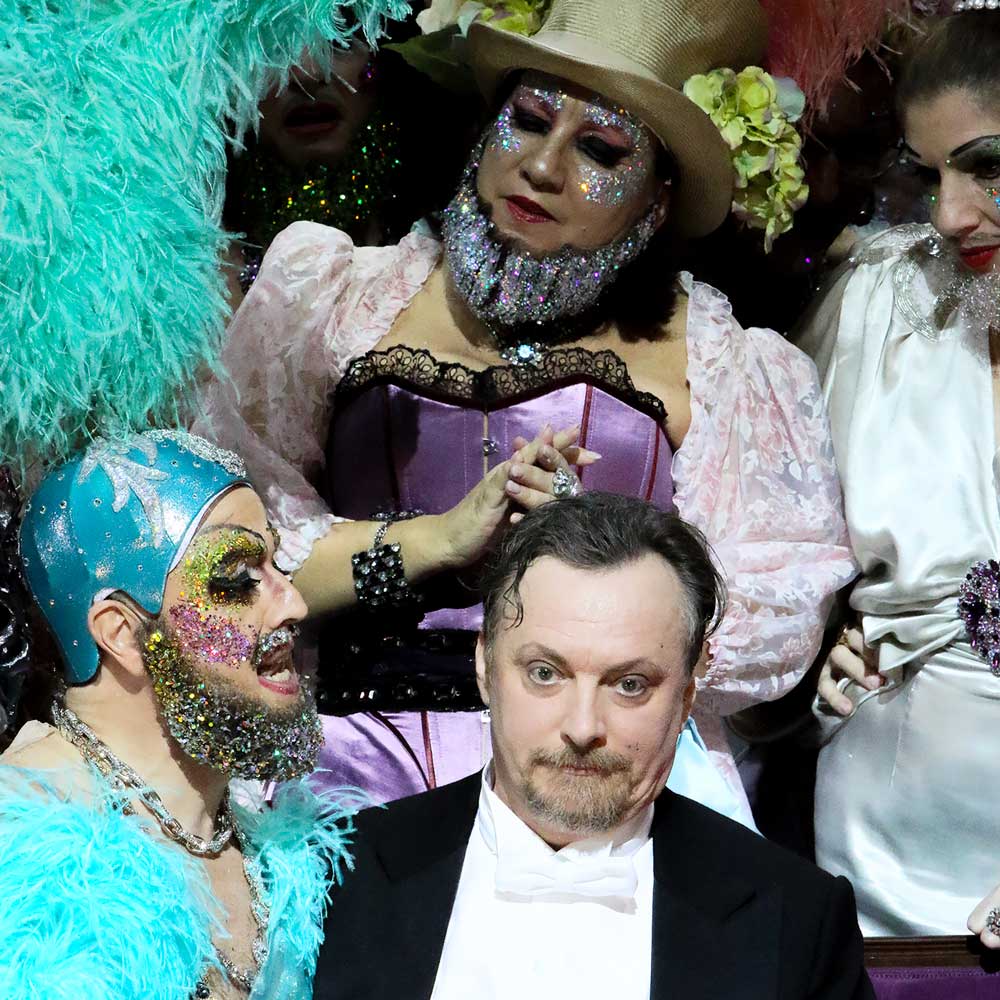
Die Fledermaus
Tom Higgins
Dubbed the Queen of Operettas, Johann Strauss’s Die Fledermaus celebrates its 150th birthday this year. Tom Higgins traces its background and includes a personal view.
Admirers of Viennese operetta are on safe ground when they assert that Johann Strauss’s Die Fledermaus is a masterpiece. Staged, recorded and filmed countless times through the years, Die Fledermaus shows no sign of losing its appeal and is as popular now as it was when premiered a century-and-a-half ago. Few would dissent from the view that it is the most Viennese of all operettas, yet it emerged from an international background. It started with Das Gefängnis (The Prison), a German comedy by Roderich Bendix, which soon inspired a French version, Le Réveillon (The Midnight Supper), by Henri Meilhac and Ludovic Halévy who famously collaborated on the libretto of Bizet’s Carmen. Finally, the librettists Carl Haffner and Richard Genée were commissioned to provide the Viennese setting in a text for the composer, Johann Strauss ll.

About my new opera, The Jewess of Toledo
Detlev Glanert
The distinguished German composer writes on his new opera, premiered by the Dresden Semperoper on February 10. Eduardo Bennarroch’s review of the opera’s first night follows Dr Glanert’s article.
For me, interest in a new opera always begins with the material: namely the question of whether it deals with something that I and others consider important and current. My subjects are often set in the past because they experience a kind of metaphor, a paradigm and therefore greater clarity through the temporal distance.
Peter Theiler, the director of the Semperoper Dresden, had already commissioned me to write an opera for the Nuremberg State Theater, in 2010: “The Wooden Ship”* after Hans Henny Jahnn. Among the material Peter Theiler suggested to me for Dresden, “The Jewess of Toledo” immediately appealed to me. There are several literary adaptations of this presumably true story from the 12th century, including by Lope de Vega, Franz Grillparzer and Lion Feuchtwanger.

Malcolm Singer
Malcolm Miller
Reflections after a birthday Concert at the West London Synagogue 13.7.23
The oeuvre of British composer Malcolm Singer attests to a distinctive voice in contemporary postmodernism and a style of notable versatility and communicability. An uplifting 70th birthday concert, performed by colleagues, outstanding former students and young performers on 13 July 2023, offered a feast of new music, providing a wonderful cross-section of his works in a variety of media. Indeed, his rich career as composer, conductor and educator for over four decades Singer has made substantial contributions in many genres: choral music, music for youth including an opera, massed children’s choirs and orchestras, much chamber music and a remarkably prolific corpus of works of Jewish connection, including Hebrew folk, psalm and prayer settings, solo and orchestral works and cantatas on historical and biblical themes.
The birthday concert aptly reflected those multi-facets: framed by two major choral works, one in Hebrew and one for children’s choir and orchestra, it also featured two chamber works for clarinet and for cello, both with piano, a solo piano suite and a song collection.
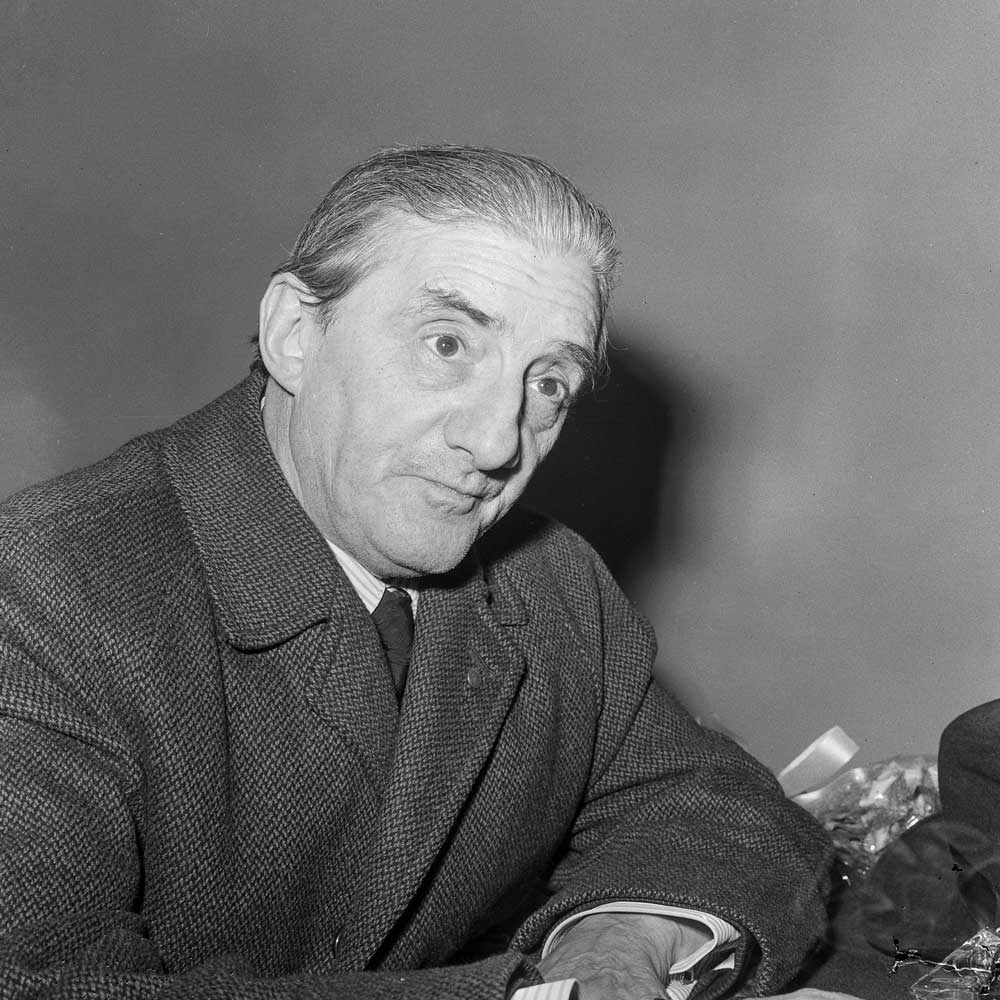
Bruckner’s Eighth Symphony and Sir John Barbirolli
Robert Matthew-Walker
Marking the coincidental bicentenary in 2024 of the birth of Anton Bruckner and the 125th anniversary of that of the great British conductor, the Editor writes on Barbirolli’s late conversion to the Austrian composer’s music
During the half century and more of its existence, the Barbirolli Society issued over one hundred compact discs of performances, many never before available commercially, conducted by Sir John. The extensive posthumous release of many surviving tapes of his broadcast and live performances, alongside the reissue of commercial recordings, has given later generations a far greater practical demonstration into the sustained quality of his interpretations over a wider range of music than was generally appreciated during his lifetime.
The point is strongly reinforced by Barbirolli’s first performance in January 1963 of Bruckner’s Eighth Symphony, played by the combined Hallé and BBC Northern (now the BBC Philharmonic) Orchestras, for although by that time Barbirolli was acknowledged as being in the growing international vanguard of Mahler interpreters – assisted by the centenary celebrations of the composer’s birth in 1860 – his performances of the symphonies of Anton Bruckner had attracted less critical understanding, although an analysis of Barbirolli’s programmes demonstrates a similar dedication to Bruckner as he showed to Mahler.

